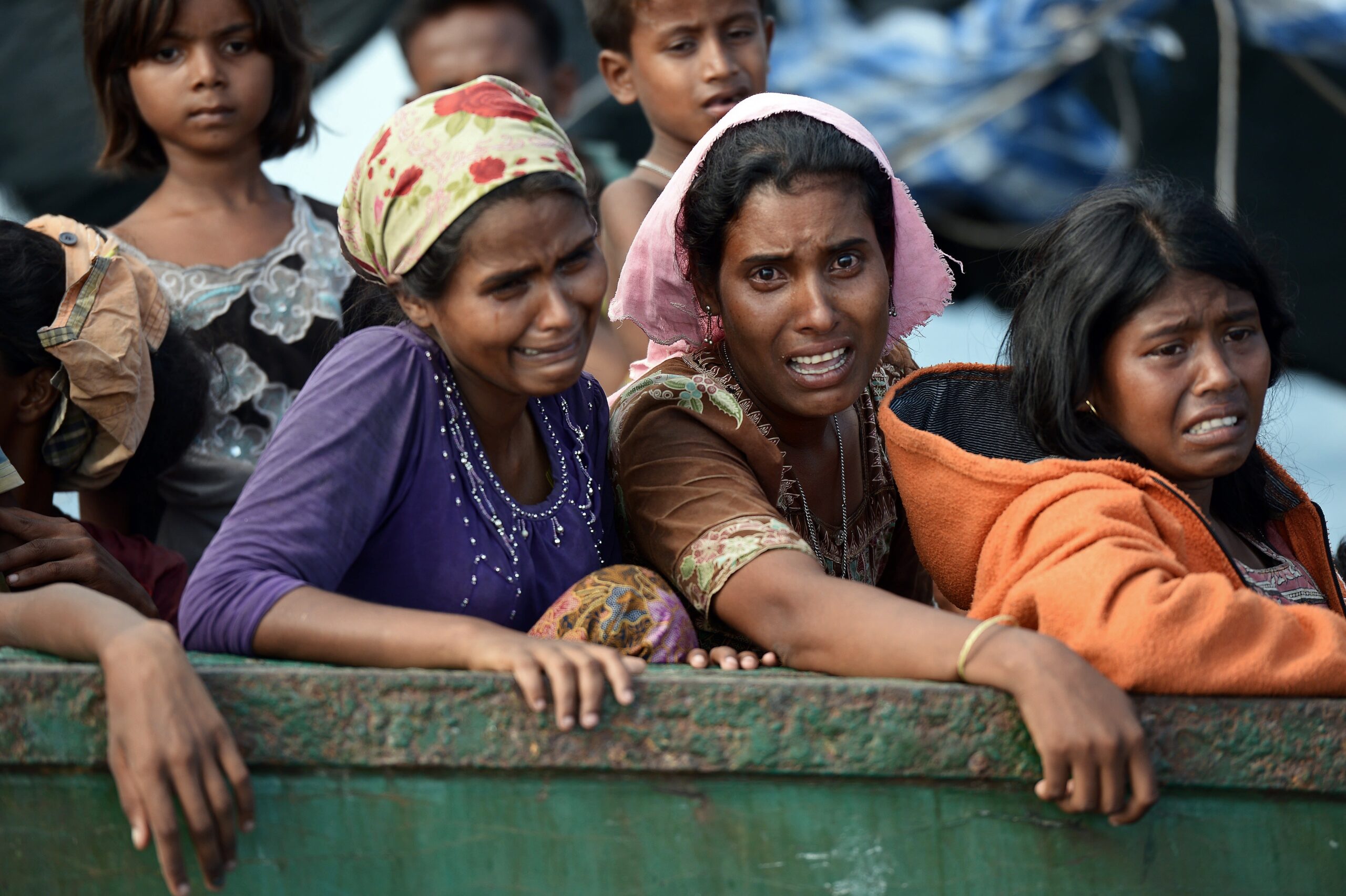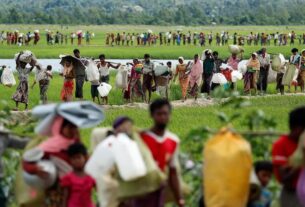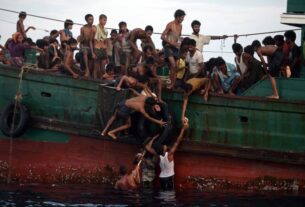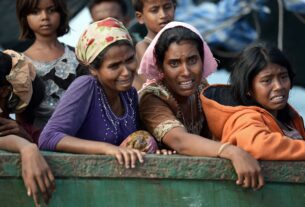It has been learned through local Rohingya sources that in Maungdaw Township and surrounding areas of Rakhine State, the AA (Arakan Army) has been strictly checking household registrations in a manner similar to the former Border Immigration Control System—known as the Nasaka system.
On August 13, 2018, AA had abolished six discriminatory local orders which included policies such as:
-
Restricting marriage for Bengalis (Rohingya)
-
Forcing them to keep separate household lists (requiring two types of population lists)
-
Prohibiting Rohingya families from using Burmese names
-
Blocking the registration of legally born children
These discriminatory and oppressive policies, previously part of the Nasaka orders, had been abolished by AA. However, it is now learned that these laws and systems are being re-implemented, severely violating the human rights of Rohingya people.
Locals report that at present, in addition to the ordinary household list issued by the Immigration Department, Rohingya are now required to show the population list issued by the already-abolished Nasaka in order to engage in work, business, and social activities.
It is also reported that AA is demanding tens of thousands of kyats to register births or deaths of family members under the Nasaka list. If a family does not have the Nasaka registration, the ordinary Immigration Department list is not being accepted either, putting locals under extreme hardship.
Furthermore, when any family member travels, AA reportedly writes “escaped to Bangladesh” in red ink on the population list and then photographs all remaining family members—including women, children, and the elderly—before scrutinizing them again.
Although Myanmar has ratified the Convention on the Rights of the Child (CRC), the current system, which requires household registration, is causing severe restrictions for Rohingya children in accessing education, healthcare, and obtaining identification cards, according to international humanitarian organizations.
Locals say it feels like the old Nasaka system has returned. Despite the AA fighting the military, they are reviving authoritarian, military-style policies on Rohingya communities and committing human rights violations and oppression against them.




